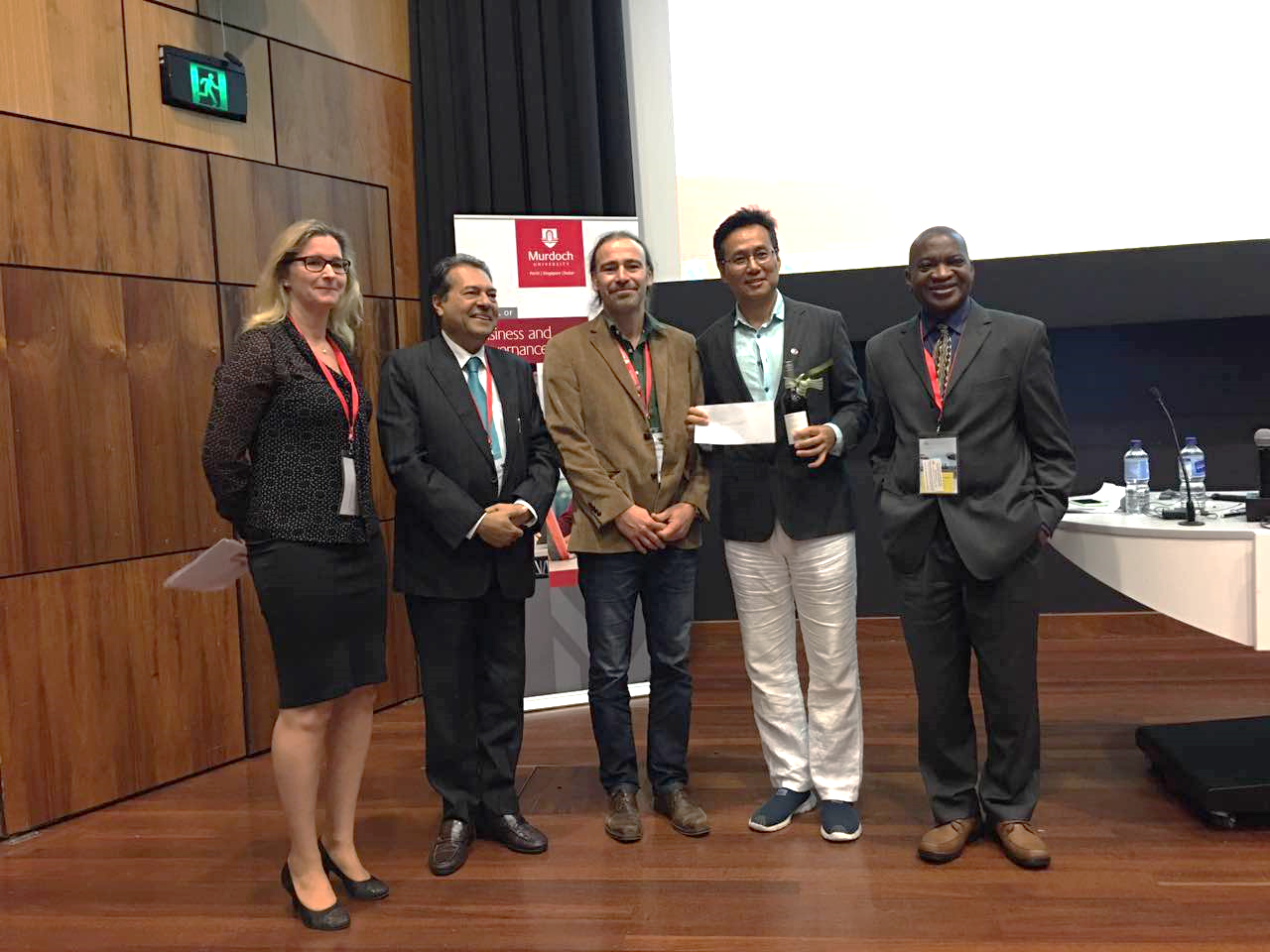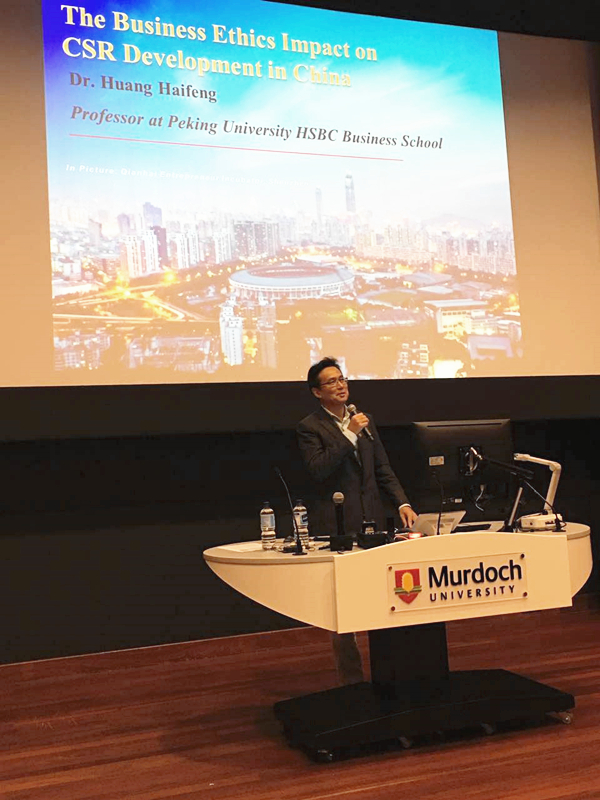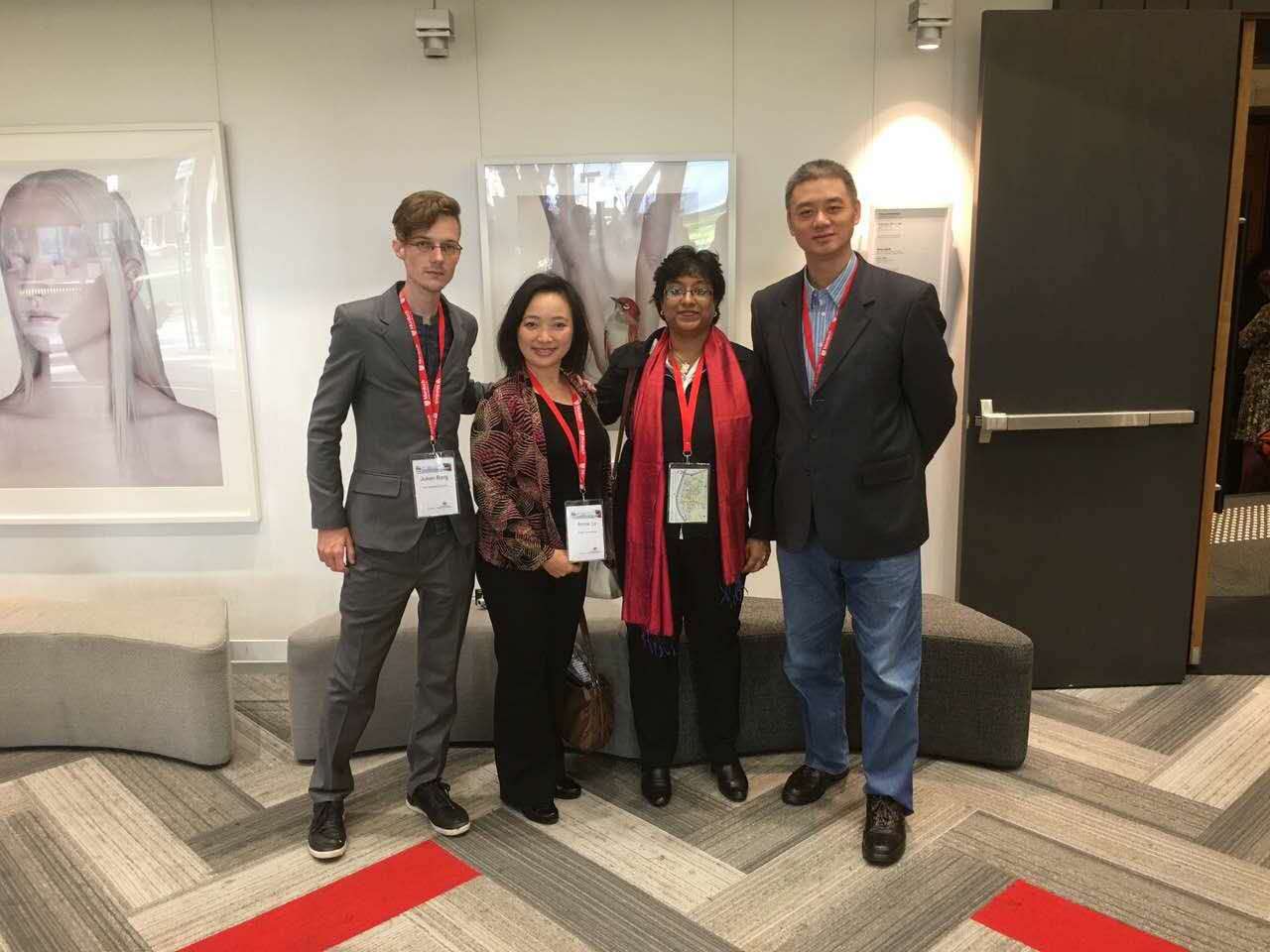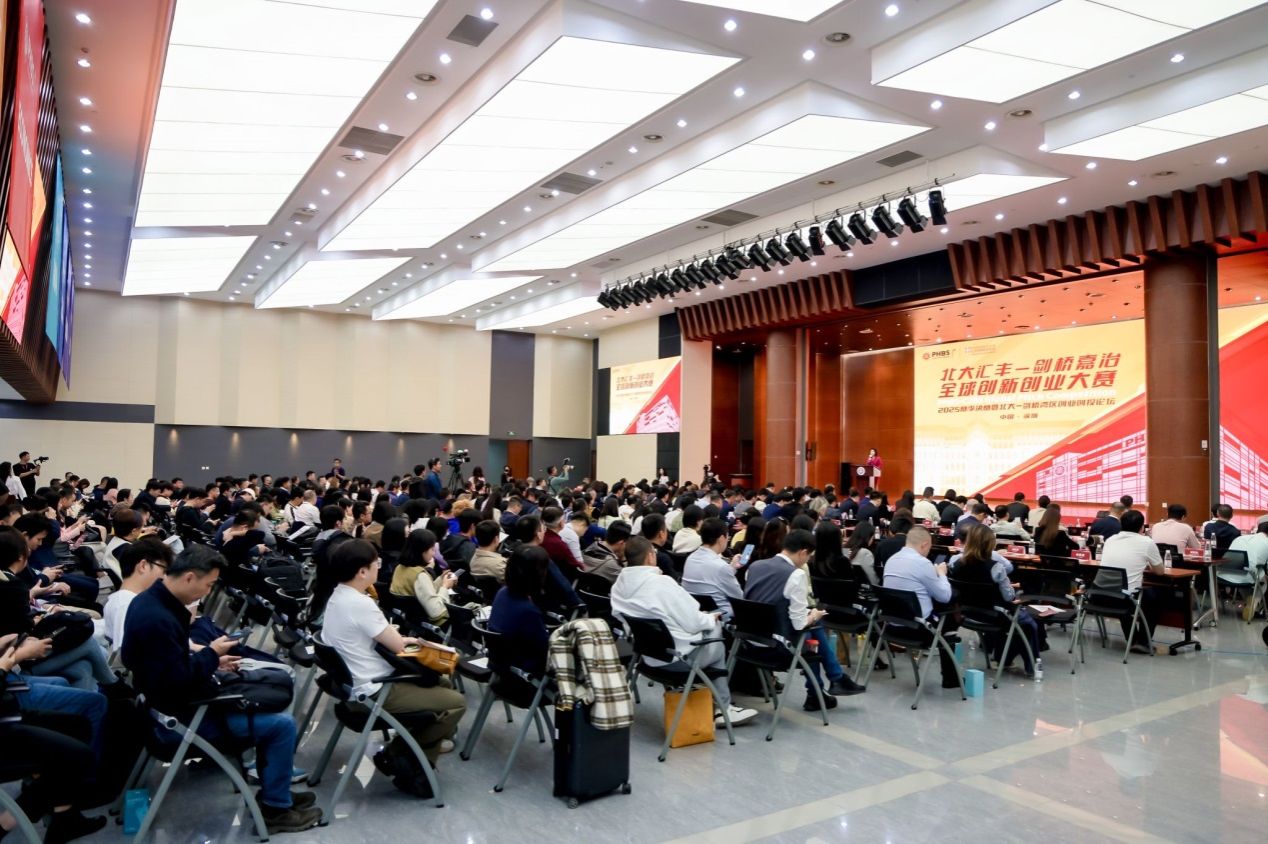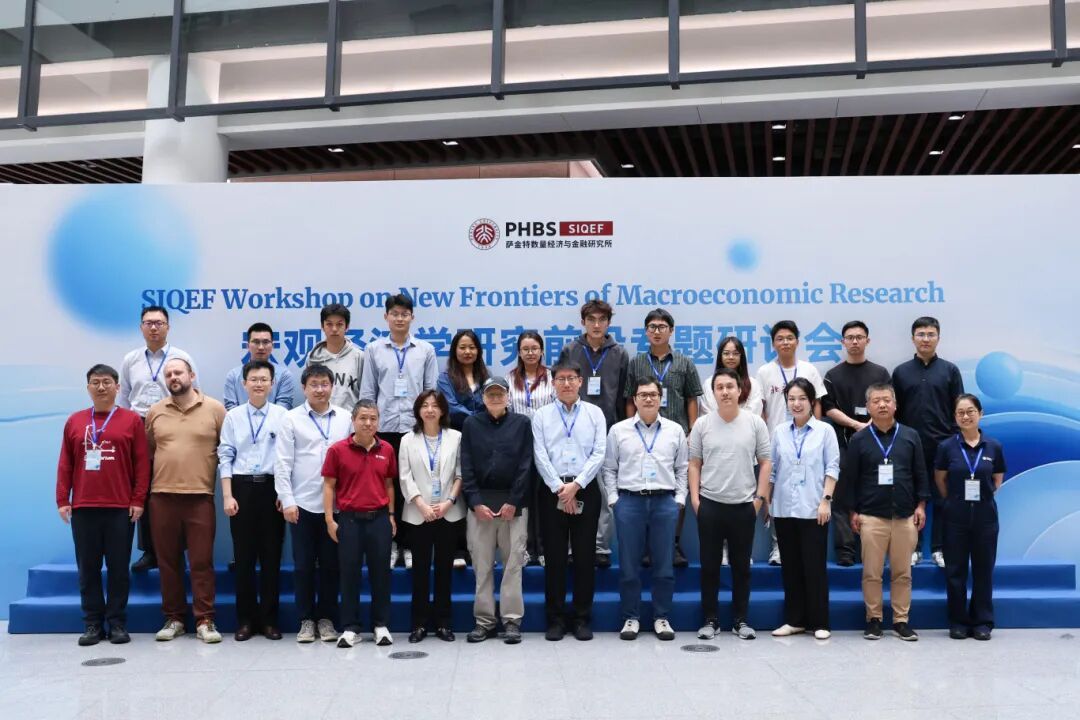The 4th International Conference on CSR, Sustainability, Ethics & Governance was held in Perth, Western Australia by the Global Corporate Governance Institute and the Murdoch University. On a yearly basis, the Global Corporate Governance Institute brings together scholars from many fields along with leaders from business, political, cultural and religious institutions as part of a global alliance dedicated to fostering responsibility in business and to work towards a more sustainable future.
The three-day conference is one of the largest international conferences focusing on responsible business with delegates from over 40 nations expected to present their latest research and its practical implications for business, society, academia and politics.
With this year's theme “Responsible Business for Uncertain Times and a Sustainable Future”, critical insights from research and praxis were shared in areas such as management, finance, education, non-profit management, development studies and so on.Professor Haifeng Huang, assistant dean of Peking University HSBC Business School (PHBS), and PHBS alumnus Julian Barg, now Ph.D candidate at Ivey Business School, attended the conference and shared their views with other delegates.
Professor Haifeng Huang with other keynote speakers
With the past three International CSR Conferences being held in the UK, China, and Germany, this year’s conference was a first in Australia. It facilitated the exchange of ideas from some of the brightest minds in CSR research to interested parties in Southeast Asia, Southern Africa and Oceania.Professor Huang delivered a keynote speech that stretched the importance of international exchange and learning in order for business schools to be able to offer up-to-date teaching on sustainability and CSR. In addition, Professor Huang also chaired an opening session of discussion on CSR in Australia.
Professor Haifeng Huang gives his presentation on The Business Ethics Impact on CSR Development in China
The keynote speech as well as further discussions showed that China, even though itself still learning and adapting, is on the forefront of this development of the sustainability agenda in the business school teaching context. In that sense, he said the conference played an important role in determining the future research agenda as well as teaching practice on CSR around the globe. And the presence of PHBS members gave the school, Peking University, and ultimately China an important voice in the future development of CSR.
Julian Barg with other conference participants
Julian Barg also held a presentation, outlying how the rise of green supply chain made an impact on the concept of CSR. He once attended the 2016 International CSR Conference in Cologne, which according to him served as an important step towards his PhD program in Canada that begins in August 2017. It is a prime example of the opportunity and support that PHBS could offer for young scholars to make their first steps towards an academic career.
Other topics ranged from CSR to sustainable supply chains, responsible finance, legitimacy, and social entrepreneurship. One of the key takeaways from the conference was the continuous dissolution of the dichotomy between CSR and profitability. Both participated academic scholars and practitioners emphasized the valuable opportunities that the current global push for sustainability offers for companies.
They also delivered an empowering message which focused on the valuable role that some companies, for example, members of Global Compact, already play in social and environmental issues. The United Nations Global Compact is a United Nations initiative to encourage businesses worldwide to adopt sustainable and socially responsible policies, and to report on their implementation. Currently there are approximately 85 Local Networks in total. These networks help companies and non profit organizations understand what responsible business means within diverse national, cultural, and linguistic contexts.
By Julian Barg, Gayathri Jagannathan
Edited by Annie Jin





